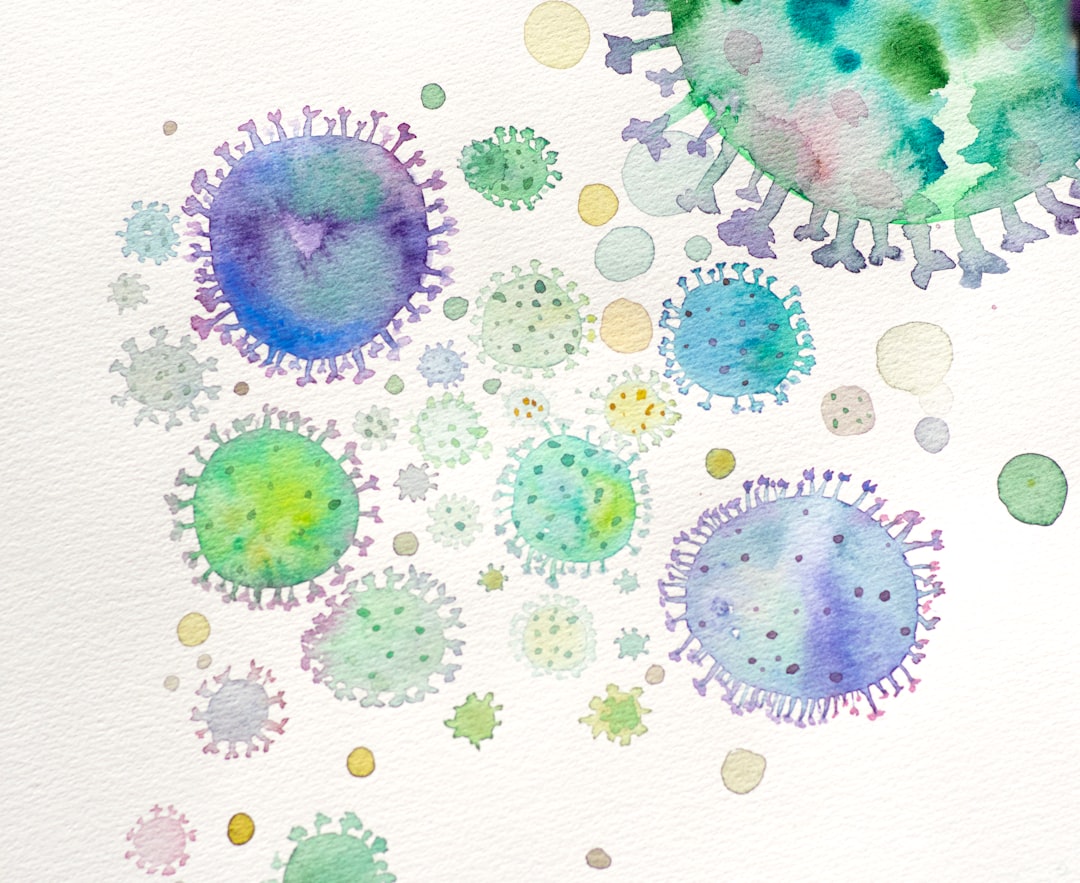What is it about?
Malaria is a serious disease that is transmitted from one person to another by mosquito bites. It is endemic to the tropics and sub-tropical regions.Current methods of control include rapid diagnosis and treatment as well as various methods to prevent mosquito bites such as sleeping under bed nets,or killing the mosquitoes with insecticides. These methods when combined have reduced the burden of the disease, but have not eradicated it. In fact the method are threatened by the emergence and spread of resistances both to drugs and insecticides which become less effective or not effective at all when used at the normal dose.Researchers are agreed that the development of a vaccine that would prevent and or block transmission of the malaria parasites would be an added advantage to malaria control efforts. Our research was aimed at testing a new vaccine molecule developed in our lab against mouse malaria as a first step in preparing for subsequent tests in humans. The results show that the molecule coded named UB05-09 can induce long lasting immunity in mice against Plasmodium yoelii. This suggests that our vaccine candidate can be effective across several species of malaria parasites which is a welcome possibility since humans are infected by at least five different species of malaria. We plan to test if this vaccine candidate can be effective in non-human primates, before seeking permission to test it in humans.
Featured Image
Why is it important?
The uniqueness of this research is that we have linked together two antigenic molecules together chemically before testing them rather than using them separately or as a mixture. This covalent linkage seems to have made the vaccine candidate more effective than its individual components. Although many groups are testing malaria vaccines most of the vaccines produced so far are only partially effective and are not long lasting. While mouse experiments may not always accurately predict what will happen in humans our results are encouraging because the protection was complete nad long lasting,
Perspectives
This work which started as far back as 2004 was based on a new approach to malaria vaccine development developed in our laboratory. The major components tested in this research UB 05 and UB 09 were identified then using sera from semi immune patients. Further studies showed that these antigens are markers of protective immunity, thereby paving the way to the experiments in mice described above. While these results should be interpreted with caution, because they were done in mice, and not humans, they are still exciting because they were designed differently and have yielded excellent findings.
Prof VINCENT P.K. TITANJI
University of Buea
Read the Original
This page is a summary of: Preclinical efficacy and immunogenicity assessment to show that a chimeric Plasmodium falciparum
UB05-09 antigen could be a malaria vaccine candidate, Parasite Immunology, January 2018, Wiley,
DOI: 10.1111/pim.12514.
You can read the full text:
Contributors
The following have contributed to this page










